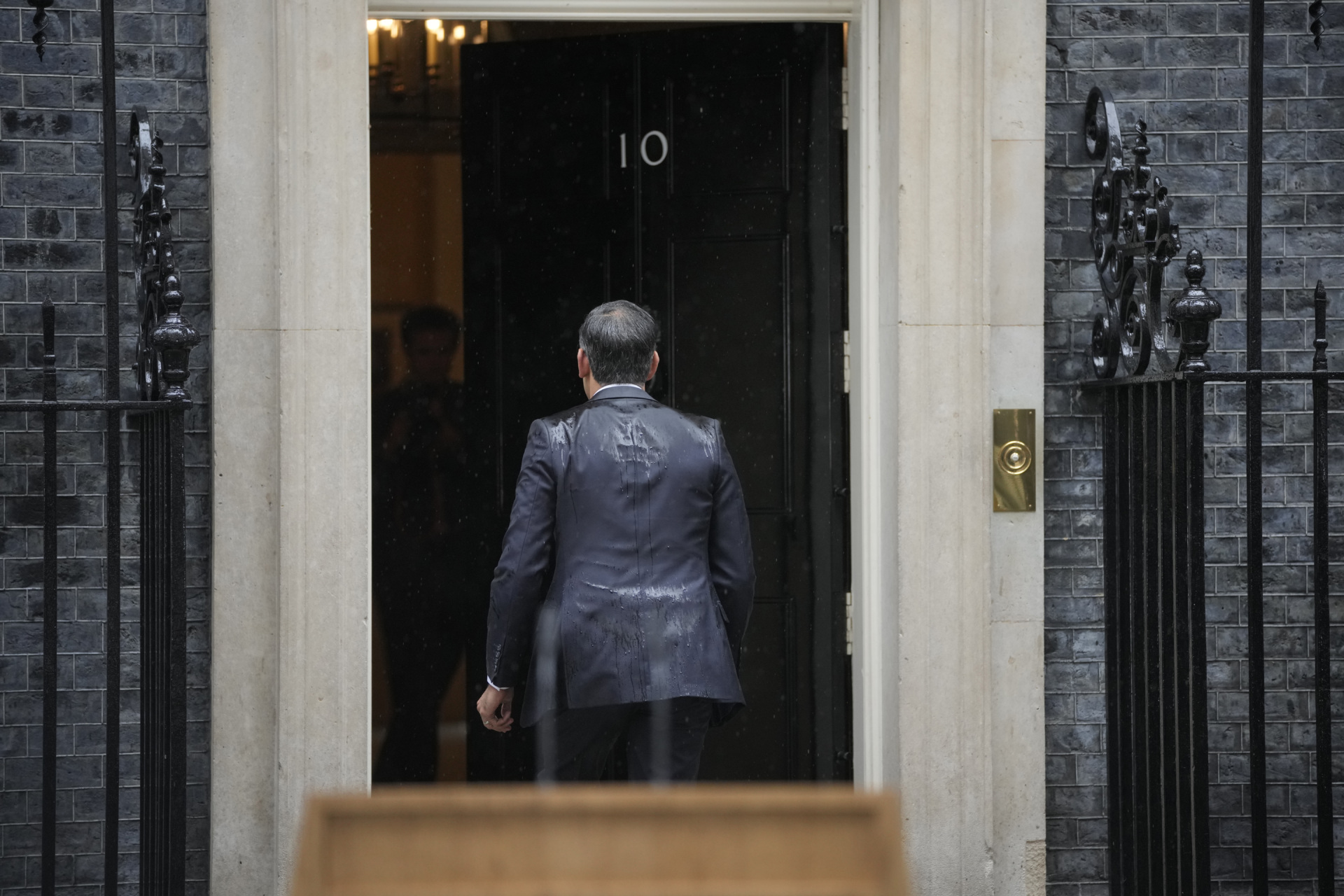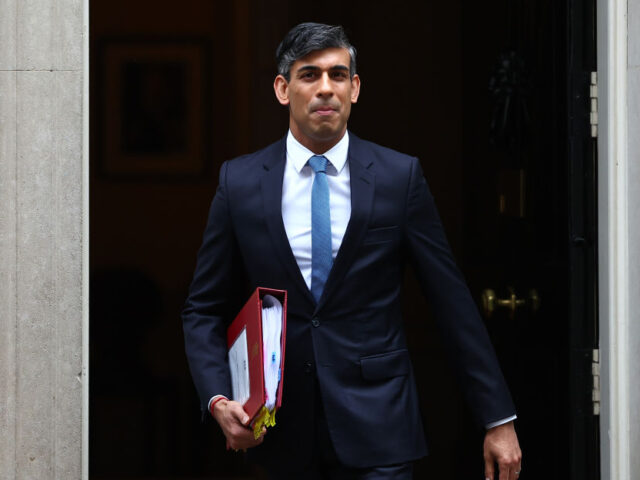Britons will choose their next government on July 4th, Prime Minister Rishi Sunak has said as he announced the next UK general election.
The Prime Minister has exercised his prerogative to choose the date of the general election, in which all Members of the House of Commons will be up for the vote, with the largest resulting party forming a government. After a short flirtation with constitutional reform this century that tried fixed-term Parliaments — with disastrous results — elections can now be called at any time, up to five years.
The Prime Minister was left with a theoretical maximum date of January next year, and conventional wisdom suggested he would leave the election as late as possible, given that gave the economy as much time as possible to show ‘green shoots’ of recovery, which it is thought would have buoyed Sunak’s chances. As it is, the Conservatives are enjoying near-record low polling, and if recent numbers and results are reproduced at the ballot box in July, it could mean near-total electoral wipe-out for the Conservatives.
Speaking outside Downing Street in a rain storm soaking his suit and competing with loudly amplified music being played just yards away by anti-government protesters, the Prime Minister said “now is the moment for Britain to decide its future” and named the July 4th date.

Britain’s Prime Minister Rishi Sunak walks back into 10 Downing Street in London Wednesday, May 22, 2024, after he announced that he is to call a General Election for July 4. Heavy rain fell during his speech. (AP Photo/Kin Cheung)
Supporters of All Major Parties Want UK Government to Cut Immigration: Poll https://t.co/BSw8G6bhWc
— Breitbart London (@BreitbartLondon) February 22, 2024
Not that such a result would be so surprising, or even undeserved. Britain’s Conservative Party has spent years blatantly disrespecting its own voters and is considerably and consistently to the left of them on social issues, particularly on border control and mass migration. Now what those voters who in the past had been persuaded to vote for the Conservatives think of that attitude towards them is about to be tested.
As reported previously, Conservative politicians have not put a great deal of effort into hiding the deception when it comes to migration issues, and in come cases even openly admit lies had been told. The most infamous instance of such candid honesty was the former Conservative finance minister George Osborne speaking of the manifesto pledge to reduce net migrant arrivals to the United Kingdom from the then low-hundreds of thousands a year to tens of thousands.
None of the senior government members actually supported the pledge in private — despite having been elected on it — and were “glad to see” the back of it when it was later dropped, Osborne said. State broadcaster the BBC reported last year that they had spoken to five previous British interior ministers who all told them they didn’t really want to cut immigration, despite telling the public the opposite.
One is quoted, anonymously, as having said: “[we] said we’ll get the numbers down…but the country needs immigrants… I never believed in [promises to cut immigration levels,] I never thought that it was sensible”. Another told the BBC: “We can’t be honest… want to give the impression that you can do something about it, but it is very, very difficult.”
Migration Up Again: UK ‘Conservatives’ Have Failed on Border Control so Badly, Even the Left is Complaining https://t.co/u8NOtceWHT
— Breitbart London (@BreitbartLondon) November 23, 2023
Conservatives appear to internally justify lying to the public on these matters because they believe mass migration is essential to growing the economy, even if this shibboleth is now finally being slowly demolished, albeit probably too late to make much of an impact at this election.
At the last national vote in 2019, the Conservatives were seriously buoyed by a one-sided electoral pact with Nigel Farage’s Reform UK party, which in return for standing down its candidates in the seats of Brexit-backing Tories to “get Brexit done”, received absolutely nothing at all. Nevertheless the plan worked as intended, and by not splitting the right-wing vote Reform handed the Conservatives a historic majority, 365 seats in a 650 seat house.
There is no apparent chance the Conservatives can hope to rely on such a boon this time, however, given Reform have already rejected the notion outright. Party leader Richard Tice said last week: “There will be no deals with the Tories. They are using our policy platform as a sort of crib sheet for what they think they should support on gender ID, solar farms, immigration and so on.
“But we know it’s just electioneering. Fourteen years of failure, of zero delivery, shows they cannot be believed. We are not that stupid nor are voters. Nobody is listening to the untrustworthy Tories who say one thing and do another.”
Rishi Sunak and his speech notes are both soaking wet outside No 10.
This is the most farcical General Election launch in history.
— Nigel Farage (@Nigel_Farage) May 22, 2024

COMMENTS
Please let us know if you're having issues with commenting.